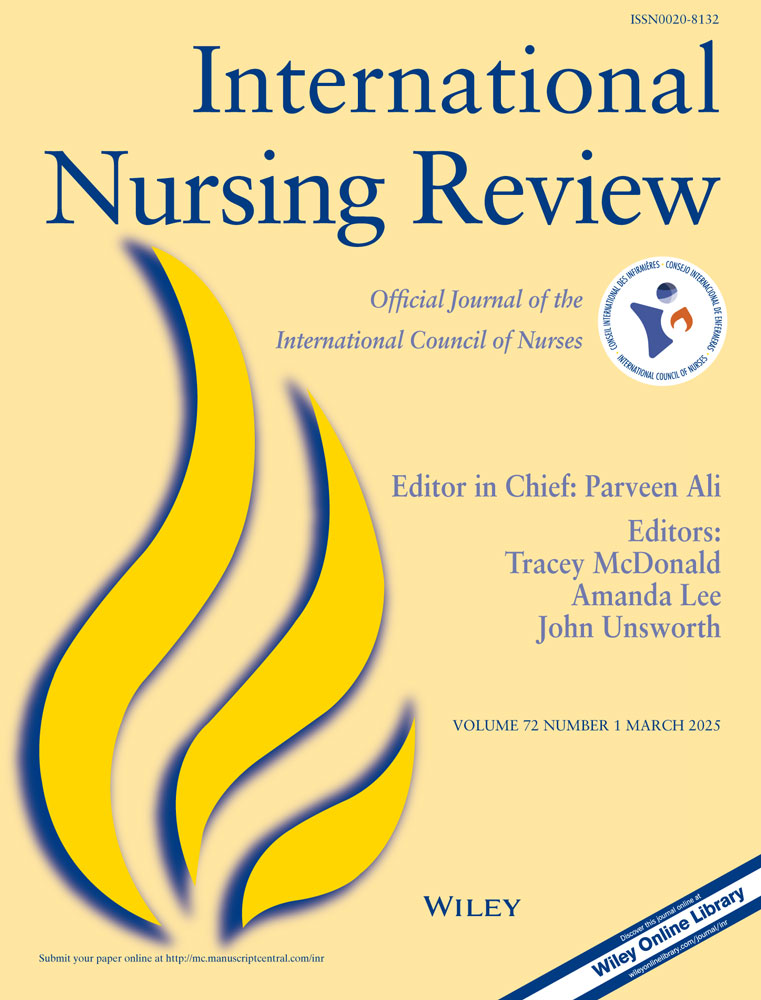Factors influencing work engagement of nurses in general hospitals: A cross-sectional study
Abstract
Aim
This study aimed to examine the level of work engagement and to identify the factors influencing the work engagement of nurses.
Background
Work engagement plays a crucial role in enhancing the efficiency of outcomes and the standard of care in nursing and healthcare services.
Methods
A descriptive predictive design and stratified random sampling was used to select 206 nurses from three general hospitals in Naypyitaw, Myanmar.. Research instruments consisted of the demographic data form, the Utrecht Work Engagement Scale, the Global Transformational Leadership Scale, the Survey of Perceived Organizational Support, and the Psychological Capital Questionnaire. The results were explored by applying descriptive statistics and stepwise multiple regression.
Results
Overall work engagement was at an average level. Transformational leadership and psychological capital could affect work engagement, explaining 19.34% of the total variance; however, perceived organizational support, age, and work experience did not show any impact on it.
Conclusions
The findings recommend that nurse administrators should focus on transformational leadership and psychological capital in formulating strategies to increase nurses’ work engagement.
Implications for nursing and health policy
The outcomes might provide baseline information for nurse administrators and policymakers by formulating management strategies to enhance nursing leaders’ awareness, knowledge, and skills about transformational leadership behaviors and to keep nurses holding self-efficacy, hope, optimism, and resilience of psychological capital in healthcare organizations, which ultimately increase nurses’ engagement at work.
CONFLICT OF INTEREST STATEMENT
The authors have no conflict of interest to declare.




